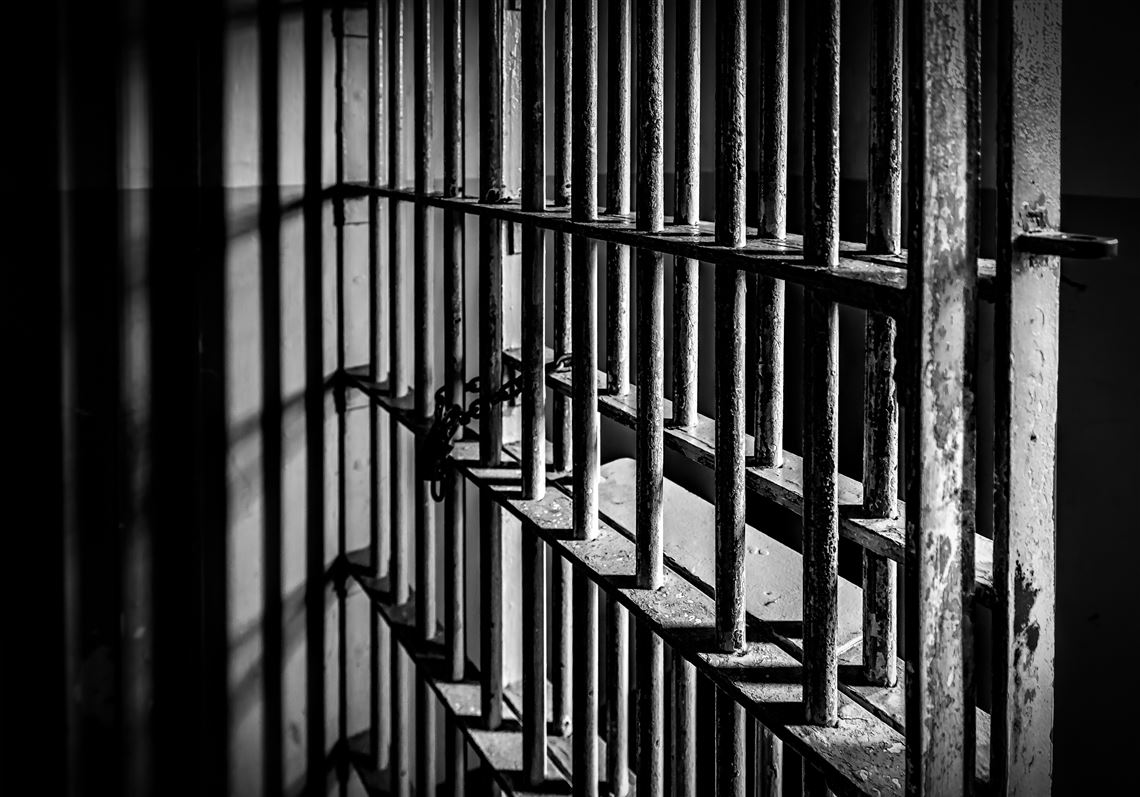Death-row inmates in Zimbabwe may soon have a chance at life as the Death Penalty Abolition Bill moves closer to becoming law.
The bill introduces significant amendments to colonial-era legislation that previously sanctioned the death penalty for severe crimes, including murder, treason, genocide, terrorism, and incitement to murder. Although executions have been legally permitted, none have been carried out in Zimbabwe for over 15 years.
The proposed legislation aligns with the Constitutional right to life by abolishing the death penalty. Key provisions within the bill detail the process for re-sentencing prisoners currently on death row and offer opportunities for appeal.
According to the consolidated Death Penalty Abolition Bill, various proposed amendments will uphold the Constitutional right to life, abolishing the death penalty in the country.
Clause 7 of the bill states that the convicted prisoners, after being re-sentenced, if they so wish, can appeal to the Supreme Court against their new sentence.
“This clause will provide for the re-sentencing of prisoners who are under sentence of death (i.e. awaiting execution) when the Bill becomes law. These prisoners will be brought before the High Court for re-sentencing, and the court will have power to impose any appropriate sentence on them,” the Bill reads.
“It will take into account all the circumstances including the nature of the crimes they committed, the length of time they have been in prison awaiting execution, their health and the likelihood of their committing further crimes. The prisoners will be entitled, if they so wish, to appeal to the Supreme Court against their new sentences and to apply to the President for clemency under section 112 of the Constitution.”
Clause 2 of the Bill prohibits any court from imposing the death penalty, stating that if the Supreme Court hears an appeal against the death sentence it must substitute some other appropriate penalty. The clause further prohibits anyone from carrying out a death sentence that has previously been imposed.
Clause 3 of the Bill will amend the Criminal Procedure and Evidence Act by deleting references to the death penalty and repealing sections that set out how the penalty is to be imposed and carried out.
The Bill also states, in Clause 4, that the Section 4 of the Genocide Act which allows for death penalty to be imposed upon conviction, will be repealed.
“This clause will remove a reference to the death penalty from section 4 of the Genocide Act, which allows it to be imposed for the crime of genocide. Since the section allows the death penalty to be imposed even for conduct that does not amount to murder committed in aggravating circumstances, it is unconstitutional. For that reason alone the section needs to be repealed,” the Bill read.
Clause 5 seeks to amend various sections of the Criminal Law Code which make references to the death penalty, and put into effect that the maximum penalty for murder will be imprisonment for life.
Clause 6 will remove a reference to the death penalty from section 3 of the Geneva Conventions Act, which allows the penalty to be imposed for grave breaches of the Conventions, even if they do not involve murder.

